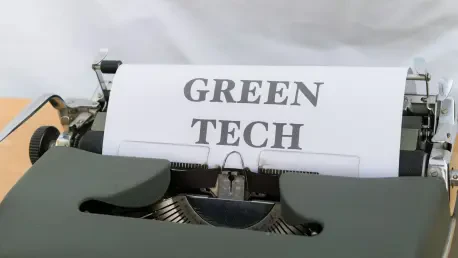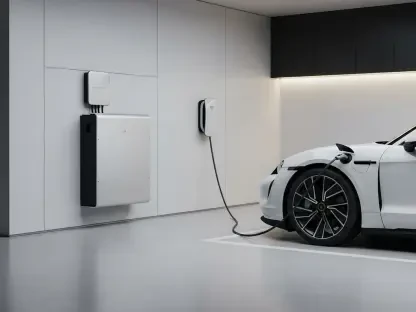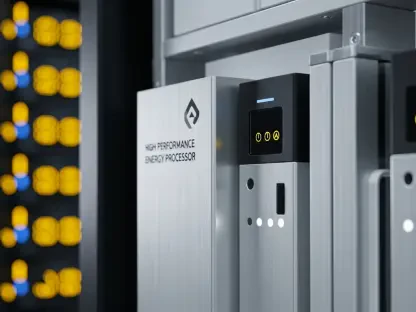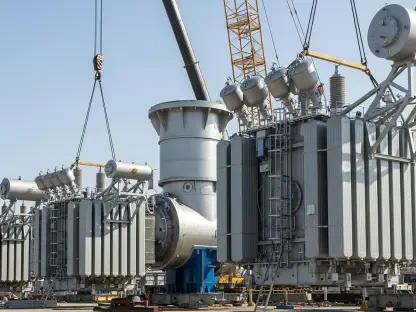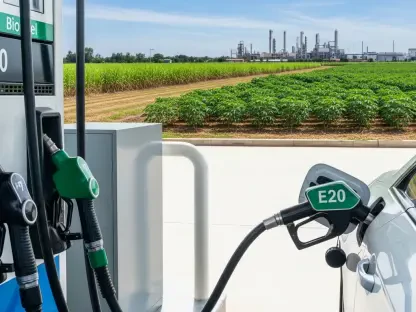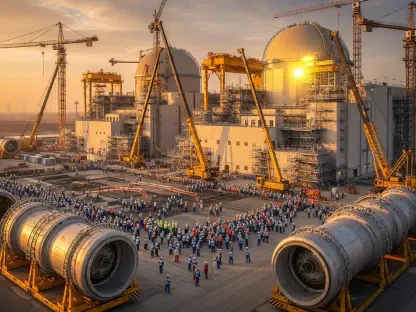In a striking development for Spain’s energy sector, APPA Biocarburantes, a key association representing the biofuels industry, has voiced sharp criticism against a draft Royal Decree on renewable fuels in transport proposed by the Ministry for the Ecological Transition and the Demographic Challenge (MITECO). This draft, intended to incorporate the European Union’s Renewable Energy Directive (RED III) into national law, seeks to advance decarbonization in the transport sector through renewable energy sources like advanced biofuels and renewable fuels of non-biological origin (RFNBOs), such as green hydrogen. However, the association contends that the current proposal falls short of aligning with EU mandates and fails to adequately support the critical role of biofuels in reducing emissions. This critique has sparked a broader debate about how Spain can balance emerging technologies with established renewable solutions to meet ambitious climate goals.
Misalignment with EU Directives
The core of APPA Biocarburantes’ criticism lies in the draft’s apparent deviation from RED III guidelines. A primary concern is the provision allowing RFNBOs used in non-transport sectors, such as industry, to count toward transport decarbonization targets. This cross-sector accounting is seen as a direct violation of EU rules, which stipulate that renewable fuels should be attributed to their specific sector of use. The association has called for the immediate removal of this clause to ensure compliance with European legislation. Beyond this, the draft permits obligated parties to meet the combined 2030 target of 8% for advanced biofuels and RFNBOs entirely through RFNBOs, effectively ignoring the specific 5.5% sub-target for advanced biofuels. This approach risks sidelining biofuels, which are already a proven solution in the transport sector, and undermines the balanced promotion of both fuel types as envisioned by RED III.
Another significant issue is the lack of safeguards for advanced biofuels within the proposed framework. Álvaro Mitjans, President of APPA Biocarburantes, has emphasized the importance of protecting the distinct sub-target for advanced biofuels to prevent their marginalization. The current draft’s flexibility could allow newer RFNBO technologies to dominate, potentially stalling the growth of biofuels despite their established contribution to emission reductions. The association argues that without clear, separate targets, the draft fails to provide the necessary certainty for investment in biofuel infrastructure and innovation. This misalignment not only contradicts EU directives but also jeopardizes Spain’s ability to achieve a diversified and resilient renewable energy mix in transport. The critique highlights a pressing need for amendments to ensure that policy supports both existing and emerging solutions without favoring one at the expense of the other.
Challenges in Sub-Sector Targets
APPA Biocarburantes has also raised concerns about the draft’s approach to sub-sector targets within transport, covering areas like road, rail, domestic navigation, and aviation. While the establishment of specific targets for each sub-sector is a positive step, the association opposes provisions that allow renewable fuels used in one sub-sector to count toward another’s obligations without limitations. Such unrestricted cross-counting risks diluting the purpose of tailored targets, which are designed to ensure equitable decarbonization across diverse transport modes. Additionally, the option for obligated parties to use surplus compliance from one sub-sector to offset deficits in another is seen as problematic. To address this, a cap of 20% on such transfers has been proposed to maintain the integrity of individual sub-sector goals and prevent loopholes that could hinder comprehensive progress.
Further scrutiny reveals that the draft lacks the specificity needed to drive meaningful change in less-developed sub-sectors like rail and domestic navigation. APPA Biocarburantes advocates for higher targets in these areas, suggesting up to 5.4% for rail and 3% for domestic navigation by 2030, leveraging the potential of biodiesel integration under updated technical specifications. This push for ambition reflects a broader recognition that each transport mode faces unique challenges and requires customized solutions to transition effectively to renewable fuels. The association’s stance underscores the importance of preventing a one-size-fits-all approach, which could lead to uneven decarbonization and leave certain sectors lagging behind. By addressing these gaps, Spain could foster a more inclusive strategy that ensures no part of the transport ecosystem is overlooked in the shift toward sustainability.
Proposed Amendments for a Balanced Transition
To rectify the draft’s shortcomings, APPA Biocarburantes has put forward several targeted modifications aimed at enhancing alignment with EU goals. Among these is a call to raise the target trajectory for advanced biofuels, proposing an increase to 4% by 2027 and reaching 5.5% by 2030, building on their significant share in transport energy. Other suggestions include clarifying the end date for the current 6% greenhouse gas emission intensity reduction obligation to 2026 and increasing the 1.7% limit on certain biofuels under RED III’s Annex IX Part B due to expected feedstock availability. Additionally, a mandate for service stations to offer B10 diesel and E10 gasoline within 12 months of the decree’s enactment has been proposed to accelerate market adoption of renewable fuels. Setting all targets in terms of energy content for consistency is another key recommendation to streamline implementation.
Beyond numerical targets, the association stresses the need for strict adherence to RED III’s methodology for calculating greenhouse gas emission reductions, ensuring legal certainty for stakeholders. This comprehensive set of amendments reflects a commitment to maximizing the potential of biofuels while integrating RFNBOs in a balanced manner. The focus on clear timelines, ambitious goals, and regulatory precision aims to create a robust framework that supports innovation without compromising existing renewable solutions. These proposals also highlight the importance of infrastructure readiness and market mechanisms to facilitate a smooth transition. By advocating for such changes, APPA Biocarburantes seeks to ensure that Spain’s renewable fuel policy not only meets EU standards but also positions the country as a leader in sustainable transport solutions.
Reflecting on a Path Forward
Looking back, the pointed critique from APPA Biocarburantes illuminated critical flaws in the initial draft Royal Decree, particularly its divergence from EU directives and the risk of sidelining advanced biofuels in favor of RFNBOs. The association’s detailed feedback underscored the necessity of protecting sub-targets and enforcing sector-specific goals to achieve equitable decarbonization across transport modes. Moving ahead, policymakers should prioritize integrating these recommendations, focusing on stricter alignment with RED III and setting ambitious, clear targets for both biofuels and emerging technologies. Establishing firm caps on cross-sector compliance transfers and mandating infrastructure updates, such as widespread availability of renewable fuel blends, could serve as actionable next steps. Ultimately, refining this policy framework offers Spain a chance to lead by example, demonstrating how a balanced approach can drive sustainable progress in the transport sector while meeting global climate commitments.
